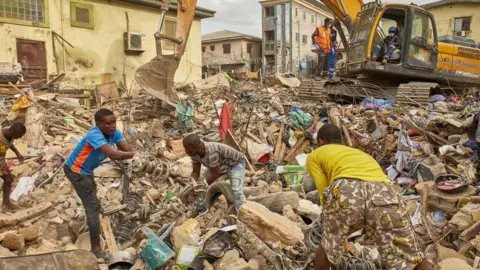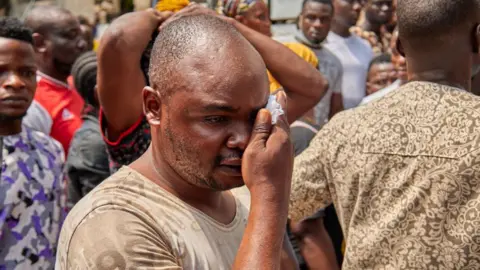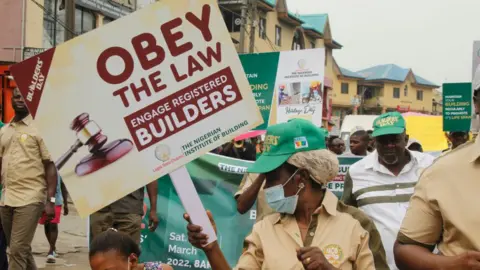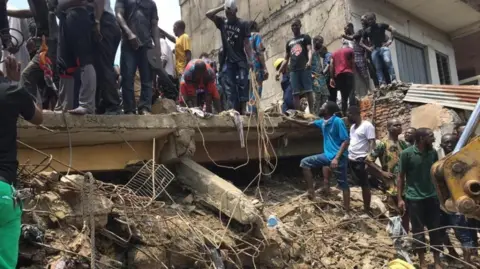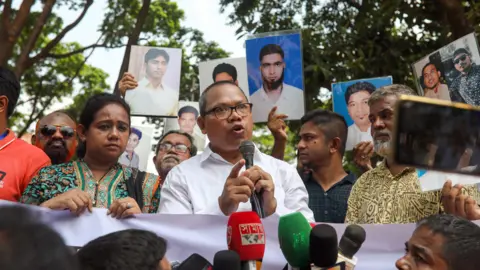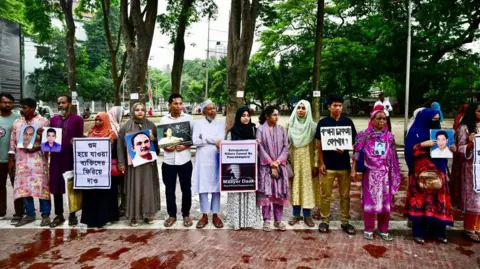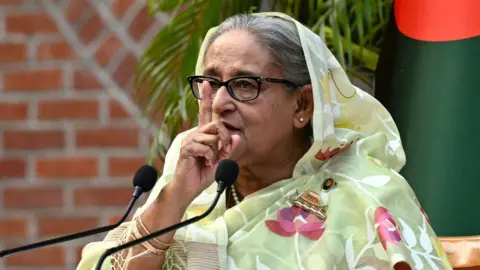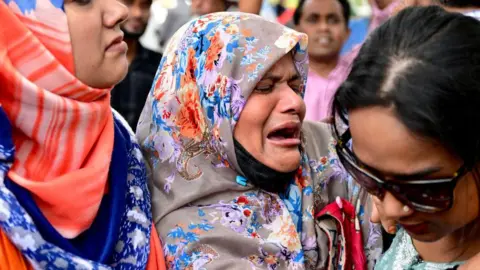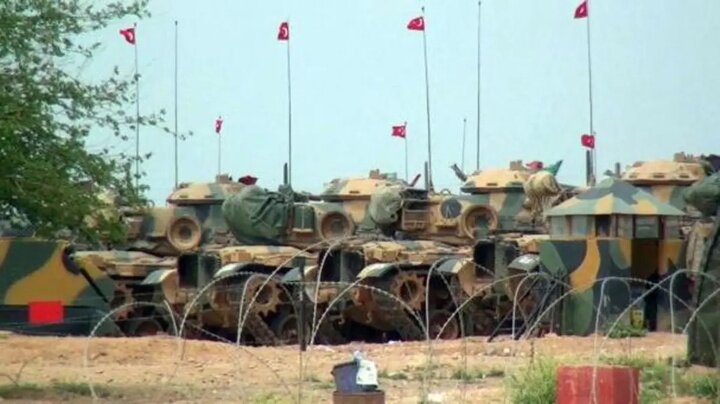
Posts falsely linking AstraZeneca Covid vaccine to mpox resurface after recent surge
- Published on August 31, 2024 at 19:12
- 3 min read
- By Ana PRIETO, AFP Brazil, AFP Argentina, AFP Greece
- Translation and adaptation Ara Eugenio
Copyright © AFP 2017-2024. Any commercial use of this content requires a subscription. Click here to find out more.
"Do not believe in MPOX," read part of a Tagalog-language Facebook post on August 26, 2024. It included an image showing a list of ingredients for the AstraZeneca Covid-19 vaccine, with "chimpanzee adenovirus" vector highlighted.
"THE ASTRA ZENECA JAB CONTAINED MONKEY POX. WAKE UP VAXXERS!" said text overlaid to the image.

Formerly known as monkeypox, mpox is a viral disease transmitted from animals to humans that can also be passed from human to human, causing fever, muscle pain and skin lesions.
Its resurgence and the detection in Central Africa of a new strain, dubbed Clade 1b, prompted the World Health Organization to declare its highest international alert level on August 14 (archived link).
Similar posts linking the AstraZeneca Covid-19 vaccine to mpox have also been shared by other social media users in the Philippines as well as in Australia, South Korea, the United States and Brazil.
AFP has previously debunked a similar false claim that had circulated in 2022.
The claim "appears to stem from the idea that chimpanzees are broadly referred to as monkeys, but this is a very ignorant rumour with no basis in fact", Professor Yoo Jin-hong, an epidemiologist at the Catholic University of Korea, told AFP at the time (archived link).
The disease was earlier given the name monkeypox because it was first discovered in a group of macaques in 1958 that were being studied for research purposes but scientists say rodents are the most likely natural reservoir.
The first human case was reported in the Democratic Republic of the Congo in 1970, long predating Covid vaccines (archived link).
'Biologically impossible'
Jose Luiz Modena, a virology professor at Brazil's State University of Campinas, told AFP on August 21, 2024 that mpox and the chimpanzee adenovirus used in the AstraZeneca vaccine have "entirely different origins, evolutionary histories, viral particle complexities, and replication mechanisms".
It is therefore "biologically impossible" for the said vaccine to cause mpox, he said.
Giliane Trindade, a microbiology professor and researcher at Brazil's Federal University of Minas Gerais, separately told AFP the chimpanzee adenovirus component in the AstraZeneca vaccine could not mutate into the virus that causes mpox.
"Mutations do not transform one virus into another. Mutations can lead to differences within the same virus, but not transform it into another already existing virus on the planet," he said on August 19.
Moreover, the vaccine's adenovirus component does not cause disease in humans, according to Oxford University which co-developed the jab (archived link).
"It has been genetically changed so that it is impossible for it to grow in humans," the vaccine's information page said.
The modified adenovirus is used as a vaccine vector to transport genetic instructions to the body to trigger the production of a spike protein similar to that of the virus that causes Covid-19. This then prompts an immune response so the body can fight a real infection.
Covid-19 vaccines are frequently targeted by misinformation, despite health authorities saying that billions of people worldwide have been safely vaccinated against the disease.
AFP has also debunked false claims swirling around mpox.
